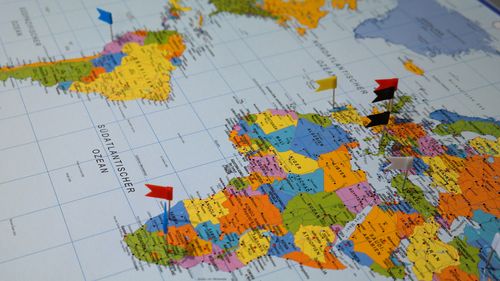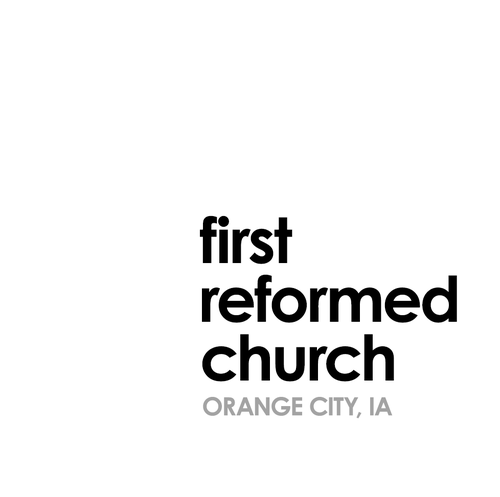All Nations - by Greg Steggerda

I had another of those moments this morning when a familiar passage hit me in a completely different way. In this case, it was the story of Jesus running the money changers out of the temple, as told in Mark 11:15-17:
“On reaching Jerusalem, Jesus entered the temple courts and began driving out those who were buying and selling there. He overturned the tables of the money changers and the benches of those selling doves, and would not allow anyone to carry merchandise through the temple courts. And as he taught them, he said, ‘Is it not written: “My house will be called a house of prayer for all nations’? But you have made it ‘a den of robbers.”’”
Always before I focused on the transactions, and the converting of the temple into a den of robbers. This morning what struck me was Jesus’ description of the original intent of his house: prayer for all nations.
Maybe I’m sensitized to it at this moment in time by all the conversation about immigration and the value of various people groups, but suddenly it seems to me that there are two important functions of church that don’t get enough of our attention.
The first is that church should be the place we go to pray not for ourselves but for everyone else. Prayer for all nations, not just the ones we like. Prayer for Israel and Europe, sure, but also for Russia and Iran and North Korea. Of all the things we try to do to change the world, nothing will be as effective as our prayers, and nothing should get more attention.
Second, the church should be a place where people of any nation can come to pray. Just as our prayers should be for all nations, the church should then welcome any person, any image-bearer of God, without qualification. As long as they come in peace, they should be allowed to linger.
God’s house is meant to be a house of prayer for all nations, a description both of who prays and how we pray. Sometimes, it actually is.
“On reaching Jerusalem, Jesus entered the temple courts and began driving out those who were buying and selling there. He overturned the tables of the money changers and the benches of those selling doves, and would not allow anyone to carry merchandise through the temple courts. And as he taught them, he said, ‘Is it not written: “My house will be called a house of prayer for all nations’? But you have made it ‘a den of robbers.”’”
Always before I focused on the transactions, and the converting of the temple into a den of robbers. This morning what struck me was Jesus’ description of the original intent of his house: prayer for all nations.
Maybe I’m sensitized to it at this moment in time by all the conversation about immigration and the value of various people groups, but suddenly it seems to me that there are two important functions of church that don’t get enough of our attention.
The first is that church should be the place we go to pray not for ourselves but for everyone else. Prayer for all nations, not just the ones we like. Prayer for Israel and Europe, sure, but also for Russia and Iran and North Korea. Of all the things we try to do to change the world, nothing will be as effective as our prayers, and nothing should get more attention.
Second, the church should be a place where people of any nation can come to pray. Just as our prayers should be for all nations, the church should then welcome any person, any image-bearer of God, without qualification. As long as they come in peace, they should be allowed to linger.
God’s house is meant to be a house of prayer for all nations, a description both of who prays and how we pray. Sometimes, it actually is.
Posted in Daily Devotions
The Beautiful Art of Accepting One Another Through Life's Changes
February 16th, 2026
The Journey from Self-Centered to Selfless
February 9th, 2026
The Transformative Power of Gratitude in Our Relationships
February 2nd, 2026
Holding Hands, Not Grudges: The Transformative Power of Forgiveness
January 26th, 2026
The Power of Speaking Truth
January 19th, 2026
The Power of Respect: Transforming Our Relationships from the Inside Out
January 12th, 2026
Finding Your Identity: The Foundation for Deeper Relationships
January 5th, 2026
Walking with God into the New Year
December 28th, 2025
When the Why Questions Won’t Let Go
December 22nd, 2025
Immanuel: Your Advocate in Every Moment
December 15th, 2025
